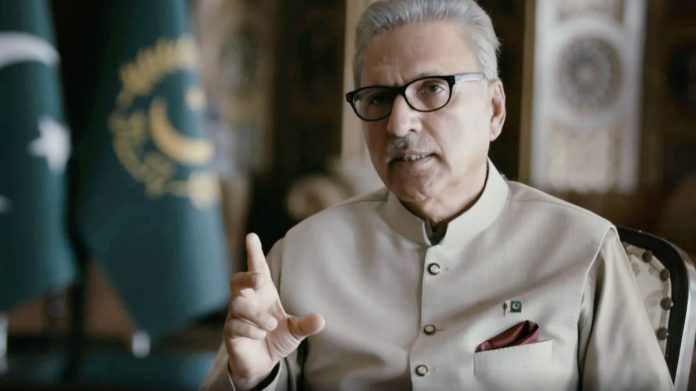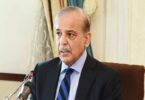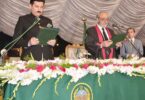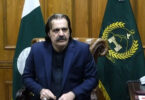ISLAMABAD (APP): President Dr Arif Alvi has directed the Federal Ombudsman for Protection against Harassment of Women at Workplace (FOSPAH) to decide the matter of alleged sexual harassment at Air University, Islamabad afresh by affording opportunity of hearing to both the parties.
The president noted that the Ombudsman had previously not given an opportunity to the parties, including the opportunity to produce evidence and had rejected the complaint of the woman complainant in a slipshod manner, President Secretariat Press Wing said in a press release on Sunday.
The president gave these remarks while deciding on a case where a woman employee of the Air University had filed a complaint before FOSPAH that she faced workplace harassment at the hands of a senior university official in 2019 when she reported a serious matter of MBBS students using drugs in the college premises and their involvement in immoral activities. FOSPAH had rejected her complaint by stating that the complainant had failed to prove her case beyond reasonable doubt and that the complainant had leveled allegations of general nature.
Feeling aggrieved, the complainant filed a representation with the president.
The president said that the denial to afford opportunity of producing evidence was violation of Article 10-A as enshrined in the Constitution, provisions of the Protection Against Harassment of Women at the Workplace Act, 2010 and the principles of natural justice.
He, therefore, set aside the order of FOSPAH and remitted the matter to the ombudsman to decide it afresh by affording opportunity of hearing to the parties.
The president further said that the allegations narrated by the complainant against that accused were of serious nature which needed appropriate probe and evidence to reach the right conclusion.
He noted that that the ombudsman, instead of following the procedure, had drawn the conclusion on the basis of contents of the complaint by observing that “the complainant has levelled allegations of general nature against the administration, and that a representative of the organization appeared and told that none of the complaints had been ever filed and he belied the stance of the complainant.”
The president observed that the ombudsman had placed reliance solely on the contents of the complaint and the statement of representative of the organization and as a sequel rejected the complaint.
No opportunity of producing evidence or cross examining the representative had been afforded to the complainant despite the fact that in the preliminary order, the learned ombudsman had observed that the allegations leveled by the complainant were of grave nature which required evidence, but subsequently with utter disregard of this preliminary order, no evidence was recorded and the complaint was rejected in a slipshod manner, he added.
The president concluded that in view of the gravity of allegations, full opportunity of hearing to the parties should have been afforded including opportunity to produce respective evidence.







